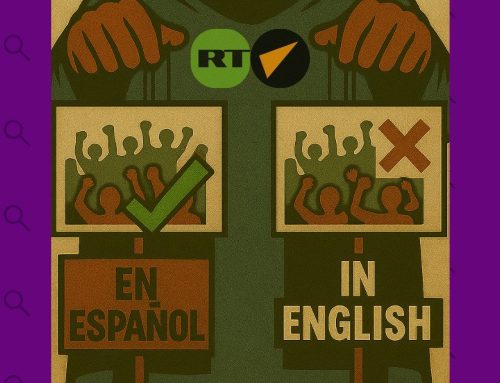The contest with authoritarianism requires the United States to understand its strengths.
Upon winning the presidency, Joe Biden promised to lead “not by the example of our power, but by the power of our example.” That pledge is important, because today’s competition between democracies and authoritarian powers is more than a power struggle: values lie at its heart. For democracies to succeed, they need not only to act in accordance with their values but also to understand that those values are their principal competitive advantage, and to use them as the source of strength that they are.
The current contest between democracies and autocracies is not primarily a military one. Rather, it takes place in the political, economic, technological, and information spaces, where authoritarian challengers—especially China and Russia—have seized the initiative. These states have strengthened their hands at home while undermining democratic institutions and alliances abroad. Around the world, democratic leadership and values appear to be in retreat.
Fortunately, well-functioning democracies have essential advantages in each domain of competition. They are more politically responsive than autocracies, both because they adhere to the rule of law and because civil societies help governments maintain the consent of their people. Economically, democratic governments with properly governed markets tend to promote healthy competition and to direct resources efficiently and equitably. That economic dynamism, coupled with personal freedoms, attracts global talent, which spurs innovation in the field of technology; and the competition of ideas fosters creative and productive public debates in the domain of information. Democracies that are properly governed and thoughtful about how to leverage these assets will find them to be of lasting strategic value.





